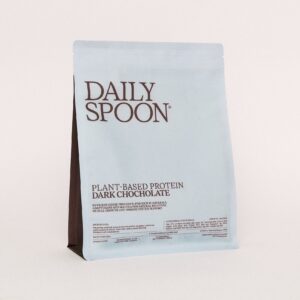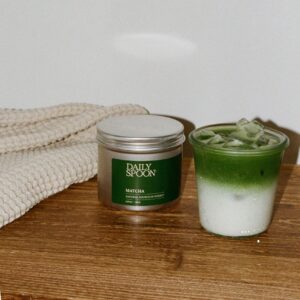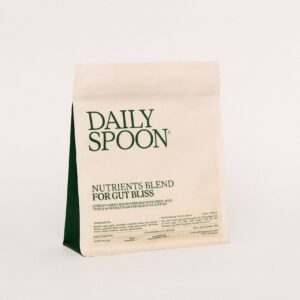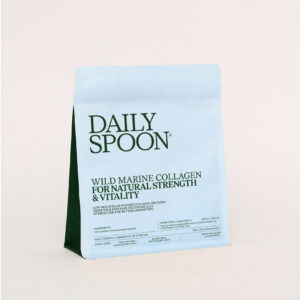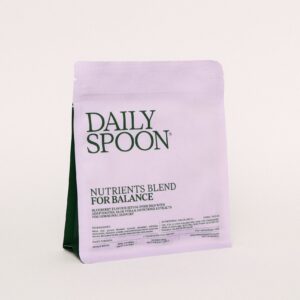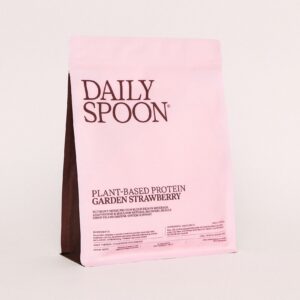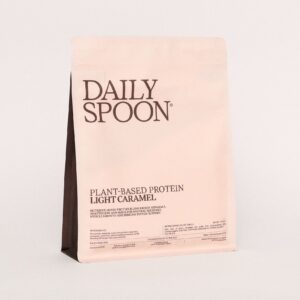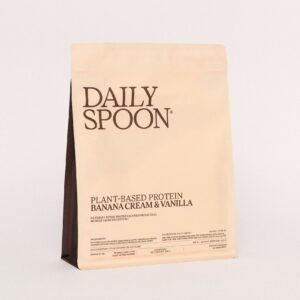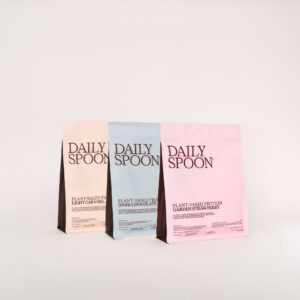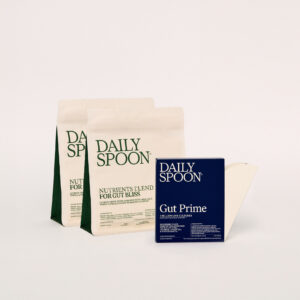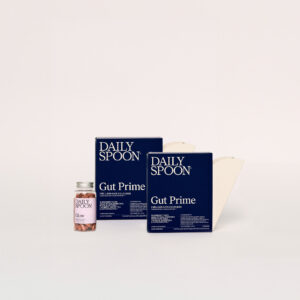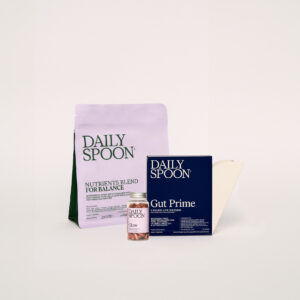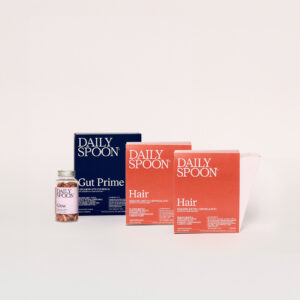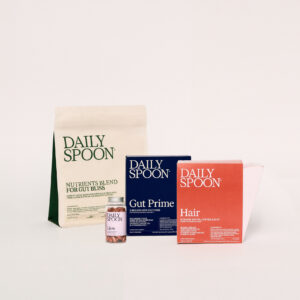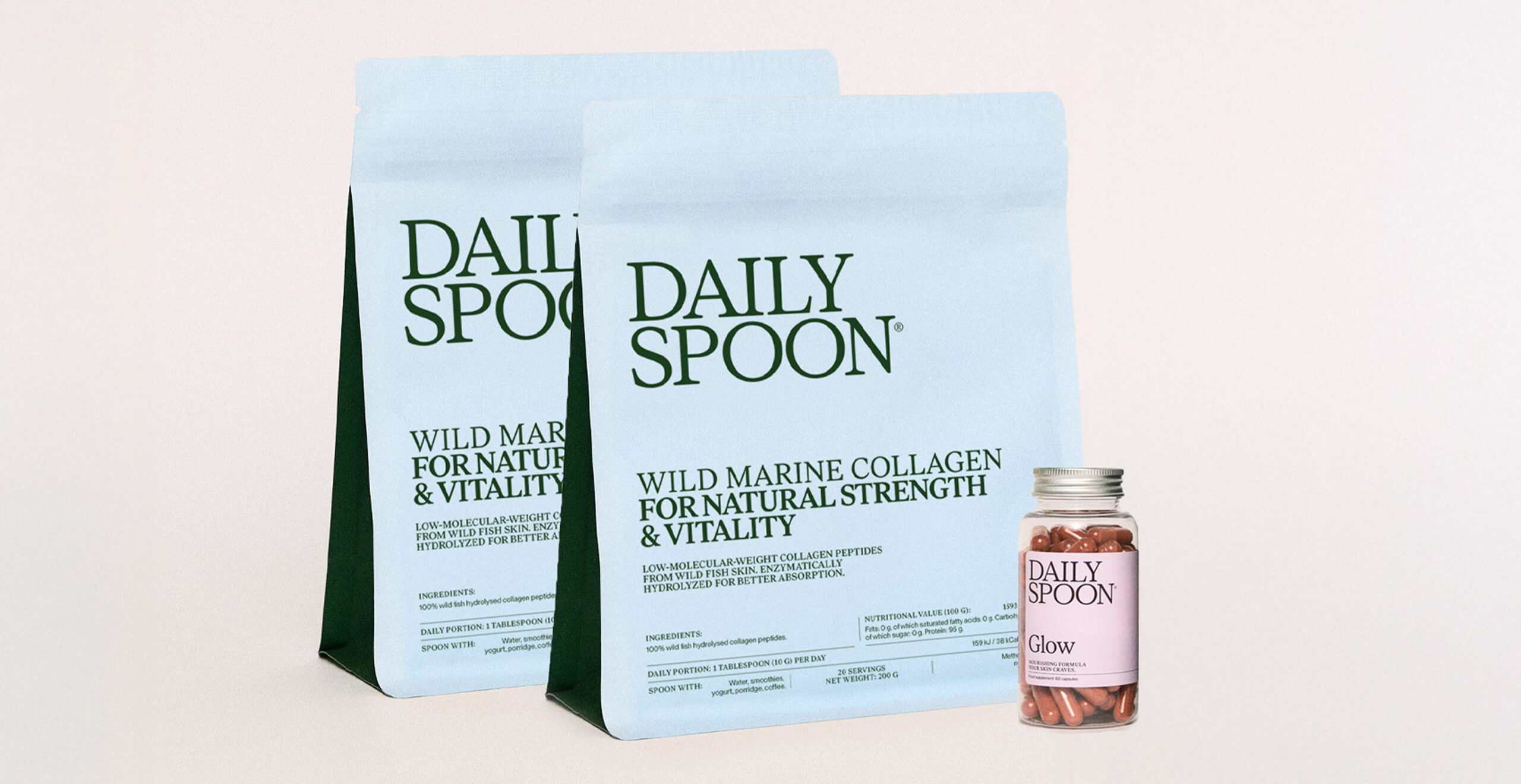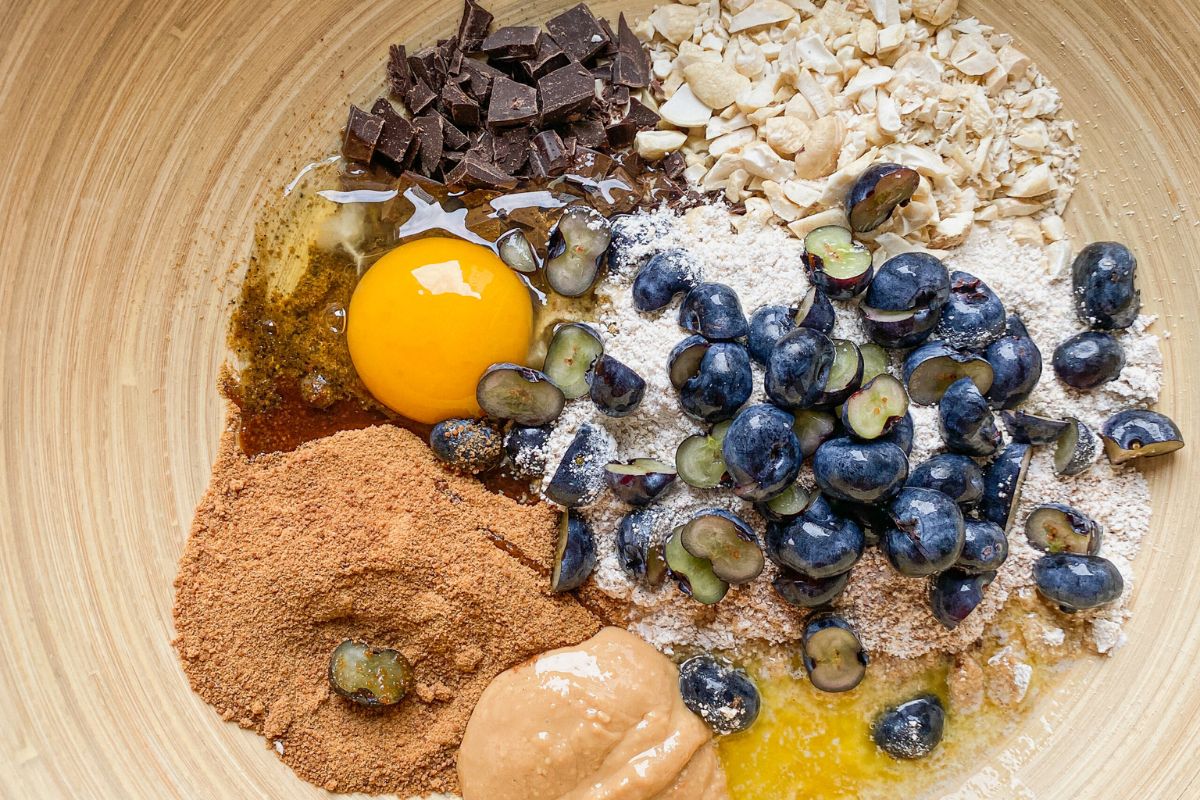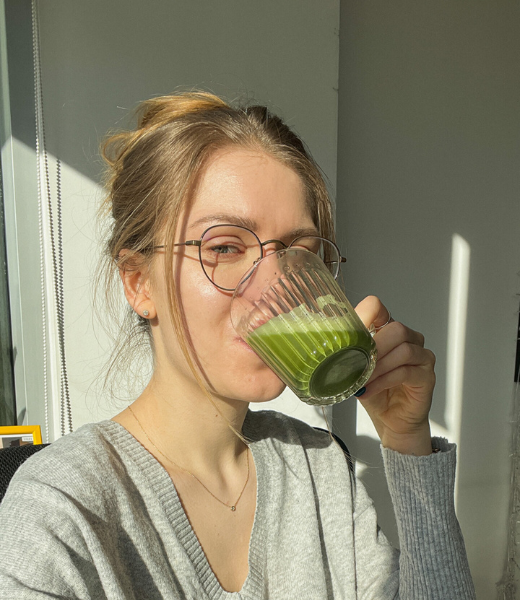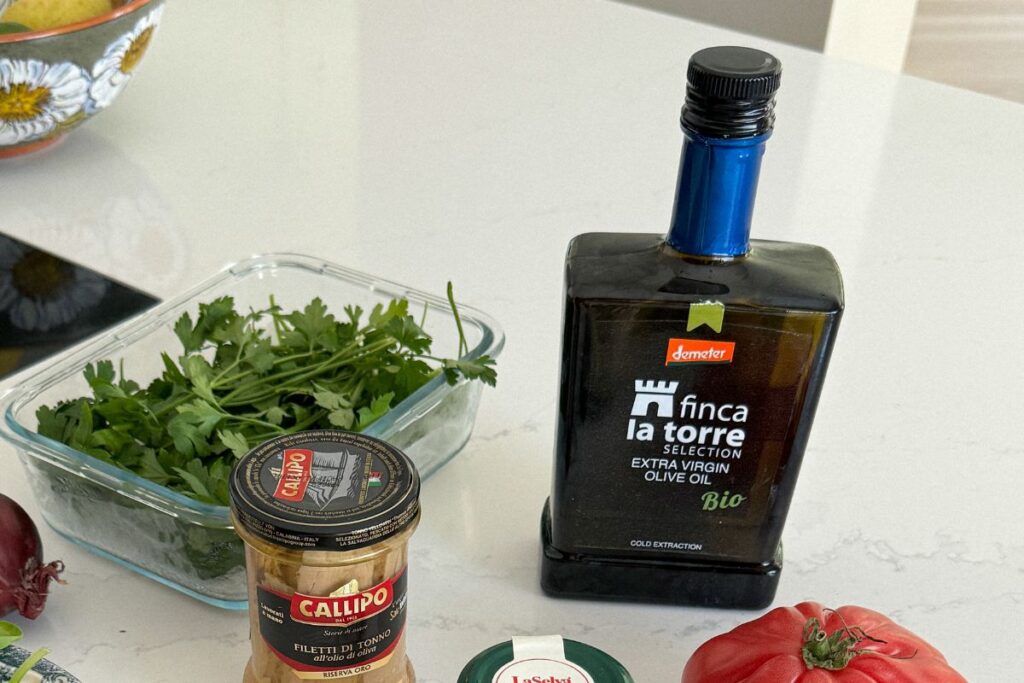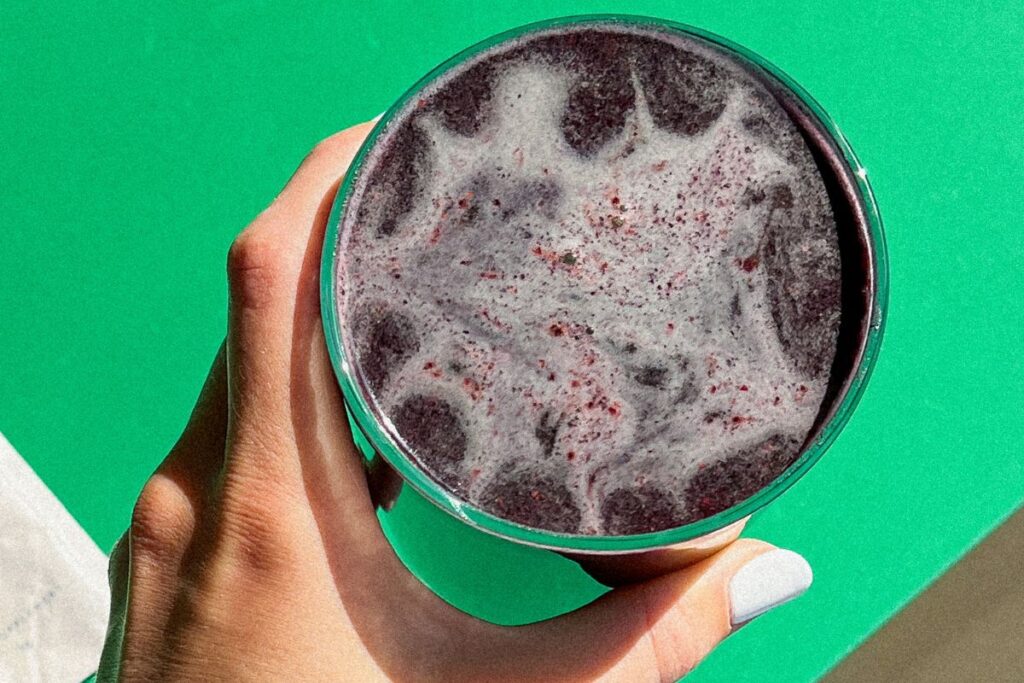Despite the widespread use of the term “superfood,” there is no clear definition of what exactly qualifies as a superfood. The word “superfood” itself sounds almost heroic. It evokes the idea of health and happiness packed into a small, edible unit. Although it’s not a scientifically defined term, it usually refers to an ingredient rich in beneficial nutrients. Superfoods are typically foods with the highest nutritional value, packed with vitamins, minerals, and antioxidants. In other words, they are nutrient-dense sources that promote a balanced diet.
Superfoods represent all groups of healthy foods, making them easy to incorporate into everyday meals. However, so-called superfoods should be just a part of a balanced diet – tossing a few blueberries or kale leaves onto your plate is not a solution in itself. Superfoods like turmeric and honey have long been recognized for their ability to boost health and well-being.
New studies presented at “NUTRITION 2021 LIVE ONLINE” take a closer look at the scientific effects of superfoods on health. Here are four key examples we’d like to share in the DailySpoon news:
Snacking on Mangoes May Help Reduce the Risk of Chronic Diseases
Mangoes contain a variety of vitamins, minerals, fiber, and unique micronutrients. To better understand the health benefits of this tropical fruit, a study was conducted at San Diego State University involving 27 overweight and obese adults. For 12 weeks, participants consumed either 100 calories of fresh mango or 100 calories of low-fat cookies daily.
Compared to those who ate the cookies, participants who consumed mangoes showed improvements in certain risk factors for chronic diseases, including fasting blood glucose and markers of inflammation, although cholesterol levels and body weight remained unchanged. These results suggest that daily mango consumption, compared to low-fat cookies, may improve specific health risk factors associated with overweight or obesity.
Nanoparticles Contribute to the Anti-Inflammatory Properties of Honey
Although the healing properties of honey have been known since ancient times, scientists are still uncovering the biochemistry behind this sweet substance’s health benefits. Researchers at the University of Nebraska–Lincoln have discovered that honey contains tiny nano-sized particles with membrane structures similar to exosomes found in the human body. Experiments with these exosome-like nanoparticles showed that they can reduce inflammation in mice with experimentally induced liver damage and may potentially suppress the activation of a key inflammatory enzyme complex.
Spicing Up Your Diet May Help Lower Blood Pressure
A new study shows that herbs and spices can do more than just enhance the flavor of food. Researchers from Pennsylvania State University and Texas Tech University investigated the cardiometabolic effects of incorporating herb and spice blends into a standard American diet for adults at higher risk of cardiometabolic diseases.
The study involved 71 participants who followed diets containing 6.6, 3.3, and 0.5 grams of herbs and/or spices per day for four weeks. No differences were found between the three diets in terms of cholesterol or blood sugar levels. However, when participants consumed the diet with the highest amount of herbs and spices—equivalent to about 1.5 teaspoons—their 24-hour blood pressure levels improved compared to the diet with the lowest amount of herbs and spices.
The Benefits of Ginger, Cinnamon, and Turmeric Supplements on Cholesterol Levels
Ginger, cinnamon, and turmeric have been used for centuries in cooking and are considered beneficial for health due to their anti-inflammatory and antioxidant properties. However, their effects on health and specific diseases, such as diabetes and cardiovascular diseases, require further study.
A recent study from Klempson University examined how these spices, as well as curcumin and curcuminoid pigments found in turmeric, affect cholesterol levels in people with type 2 diabetes. Researchers analyzed 28 randomized controlled trials involving a total of 1,049 control patients and 1,035 patients who received spice supplements in capsule form for one to three months.
They found that, overall, ginger, cinnamon, turmeric, curcumin, and curcuminoids were associated with improved lipid profiles in people with type 2 diabetes. The analysis considered the dose, type, duration of use, and population characteristics. Although the available studies are limited and more research is needed, the findings suggest these spices may be beneficial for people with type 2 diabetes and unhealthy cholesterol levels.
Common Misconceptions About Superfoods
People often equate superfoods with magical pills and become disappointed when adding a handful of spinach to their diet once a week doesn’t deliver the desired results. Therefore, when choosing products to include in your diet, it’s important to remember that no single food can provide all the essential nutrients needed for a healthy lifestyle and a balanced diet. Overemphasizing superfoods can mislead people and divert their attention from other healthy foods that may be more nutrient-rich.
According to U.S. dietary guidelines, a healthy diet should include essential nutrients from various food groups while paying attention to calorie intake limits. Certain dietary patterns, including the Mediterranean diet, have shown significant health benefits by reducing the risk of chronic diseases.
Another important point to remember when consuming foods labeled as superfoods is to carefully check their nutrient content. If you have certain health conditions and take medication, you should discuss your dietary needs with a doctor. For example, if you take blood thinners, it is not recommended to consume excessive amounts of raw leafy greens. These vegetables are rich in vitamin K, which plays a crucial role in blood clotting, and eating too much of them may counteract the medication’s effects.
In summary, some foods referred to as superfoods can be beneficial to health if consumed in appropriate amounts alongside other nutritious foods. It is always important to remember that a healthy eating plan should not rely solely on superfoods; rather, these products should be part of a healthy and balanced diet.
A balanced diet rich in nutrients and minerals is vital because it significantly influences our health and overall well-being. However, when seeking a healthier lifestyle, we often face an overload of information and don’t know where to start. This is how DailySpoon came about — we offer superfood products focused on the consumer’s desired effects and are transparent about the benefits they provide to our bodies. Most importantly, they are easy to use and seamlessly become a part of daily rituals.
Our blends, created by a certified nutrition specialist from natural ingredients, help nurture good well-being from within. To make it even easier, we invite you to follow DailySpoon news on our Facebook and Instagram pages, and also subscribe to our newsletter. We always share useful information not only about our products and their uses but also a broader perspective on living a life full of well-being.

